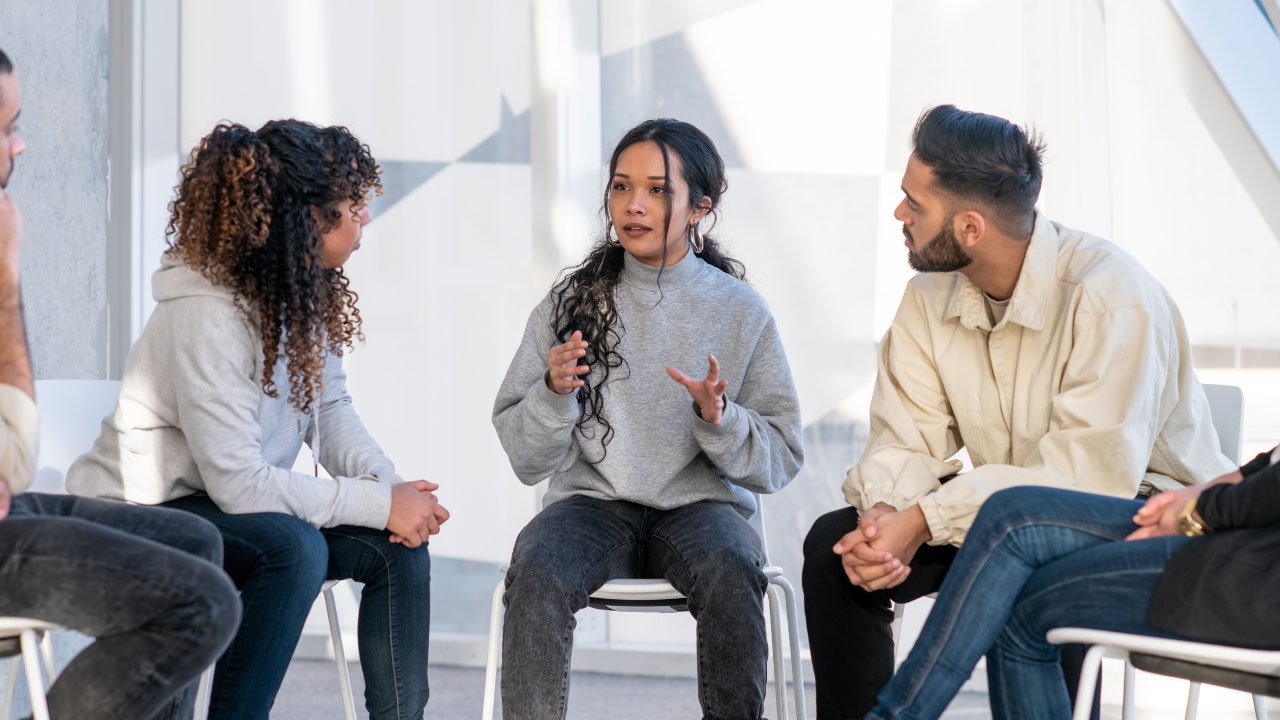
Even With Backlash, Transformative Racial Justice Work Is Still Possible
You may have seen yesterday’s article in the New York Times about DEI efforts at the University of Michigan and “what went wrong.” These bad-faith narratives about DEI are already tired (even if some critiques are valid). And, as potent as the backlash against DEI has been, I still believe that we (social sector practitioners committed to racial justice) are achieving and can continue to achieve real wins, as long as we stay grounded, relational, and connected to a sense of possibility.

Applying Racial Justice Principles To Israel-Palestine: A guide for organizations committed to DEI
Israel's unfolding genocide in Gaza is testing foundations' and nonprofits' public commitments to DEI. If our sector is serious about racial equity, then institutions have to apply and act on racial justice principles consistently, including with Israel-Palestine. This article explores some of these principles and ways organizations might apply them around this issue.
Opposing Genocide in Palestine is the Most Jewish Thing We Can Do
As Israelis go off to war in Gaza and beyond, we will tell ourselves there was no choice. But the children in Gaza never voted for Hamas, never asked to be born under siege in a 25-mile-wide refugee camp, never asked for violence in their names. The violence we wreak now will create lifelong trauma that we will pass onto our children, the same way my father — an engineer in the IDF — passed his onto me.

Introducing "Building an Equity Container"
Ahimsa Strategies and Satori are pleased to share our latest offering: Building an Equity Container, a workshop hosted by Equity In The Center. This workshop hones in on an aspect of equity work that often goes unaddressed – Relationships. It is also a major milestone for us in over three years of collaborative work focused on the question: How can multiracial organizations dismantle their internal white supremacy without falling apart themselves in the process?

Build, Maintain, Repair: A Deceptively Simple Framework for Tending to Your Organization’s Equity Container
In our first blog in this series, we introduced the idea of an equity container: A set of conditions that allows groups to move through racial justice work without falling apart or reproducing white supremacy culture. A strong equity container allows teams to work through conflict, disagreement and harm in ways that strengthen team alignment, which is critical to operationalizing equity at organizations. When a team’s container is fragile or fractured, the team is likely to create harm and lose its ability to have the honest, vulnerable conversations needed to dismantle white supremacy. What does it look like to actually nurture a strong container? We’re iterating on a simple framework for this: Build, Maintain, Repair.

Want To Operationalize Equity? Look At Your Organization’s Container
An organizational container is a set of conditions that allows a group to move through difficult work without falling apart. It fosters the trust and safety needed for groups to build relationships and maintain momentum for dismantling white supremacy. It enables groups to hold the tension, conflict, trauma, and intense feelings like anger, fear and shame that inevitably arise when groups confront their own internalized white supremacy. A healthy container indicates to group members that the group can actually hold them as whole people, with all their parts, powers and flaws.
